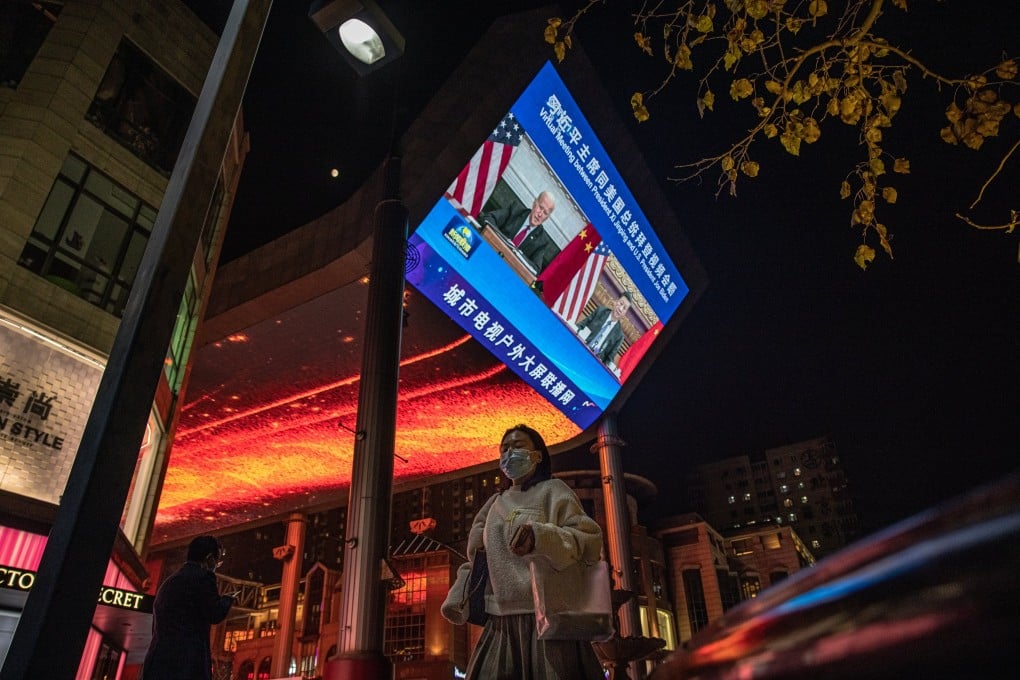Advertisement
Opinion | US, China playing dangerous game as battle of wills risks boiling over
- The US and China appear to be playing different games even as they try to navigate the increasingly complex great power contest
- The real test of national and global leadership in the years ahead will not be how they manage the international order but how they avoid further disorder
Reading Time:3 minutes
Why you can trust SCMP
21

Coming back from a trip to Europe suggested to me that the US-China rivalry was not headline news within Europe. Europe appeared more concerned with the urgent job of economic recovery amid the emergence of the Omicron variant that is leading to more lockdowns. Protests in Rotterdam and elsewhere showed that some are rebelling against further restrictions to their ability to socialise.
Back in Asia, the news is focused on the US-China rivalry, including possible boycotts of next year’s Winter Olympics or the Women’s Tennis Association’s suspension of international tennis events in China. What happens to individuals such as tennis star Peng Shuai, therefore, has an impact on international relations.
How much of the tension is media-generated rather than hard-nosed competition across all fronts between the two largest powers on the planet? The latest issue of Foreign Affairs magazine headlines the US-China rivalry aptly: “The Divided World: America’s Cold Wars”.
Advertisement
By implication, despite US President Joe Biden’s pledge in his recent UN address that the United States was “not seeking a new Cold War or a world divided into rigid blocs”, the question remains whether China is willing to accede to America’s demands on issues such as Hong Kong, Xinjiang, Tibet and Taiwan.
What game is being played by the protagonists? A Dutch friend observed that China was playing weiqi while Europe – including Russia – was playing grandmaster chess and the US was playing poker.
Weiqi, also known by its Japanese name go, is a board game with a 19-by-19 grid between two players. The idea is that whoever encircles the opponent’s pieces captures those pieces and wins by finally surrounding the opponent.
Advertisement
Select Voice
Choose your listening speed
Get through articles 2x faster
1.25x
250 WPM
Slow
Average
Fast
1.25x
